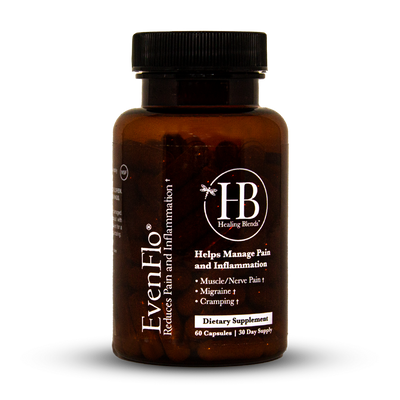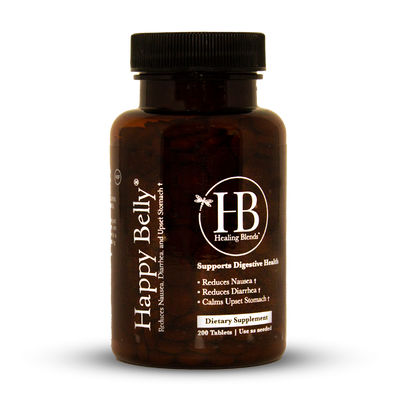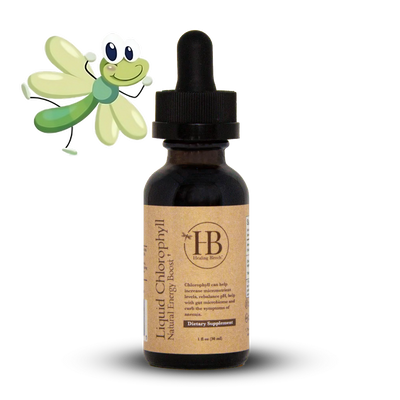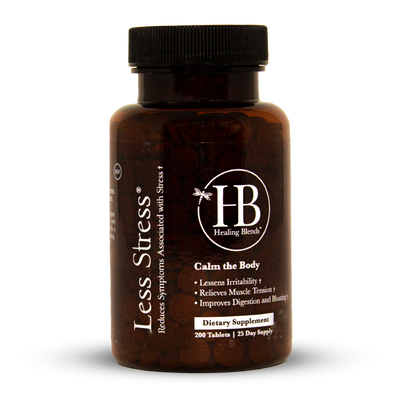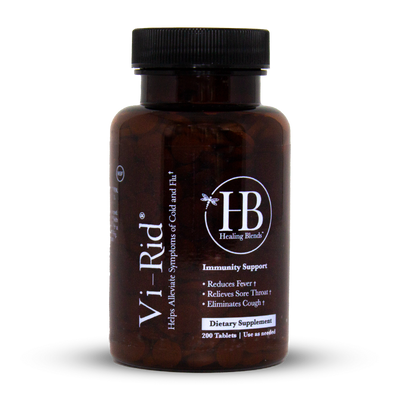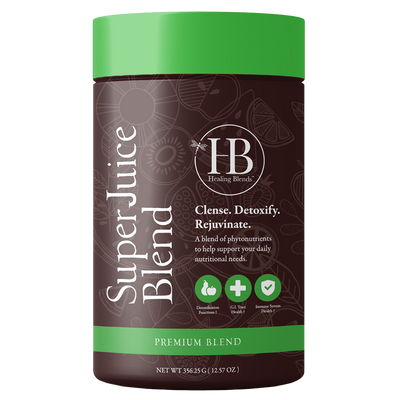Sickle Cell Disease and Inflammation: The What, Why & How

Sickle cell disease (SCD) refers to a group of red blood cell related disorders like HbSC, HBSO, etc. that affect hemoglobin in the body.
It is a genetic disease inherited at birth by a child that receives two sickle cell genes instead – one from each parent
What Causes Sickle Cell Disease?

The main cause of SCD is the single mutation in β-globin gene, which results in the production of hemoglobinS (HbS), an irregular form of hemoglobin. HbS polymerizes under deoxygenation, which causes the red blood cells to become deformed (sickle shaped) and sticky. These ‘sickled’ cells are rigid and brittle and clog the small blood vessels (hypercoagulability), and hinder proper blood flow (hemostasis), which in turn deprives tissues and organs of oxygen. This results in recurring vaso-occlusive crisis – a manifestation wherein hampered blood circulation results in pain episodes.
Sickle Cell Disease and Inflammation:

Inflammation in the human body is often a sign of body tissues responding to damage or discomfort. Sickle cell disease patients are prone to inflammation, which is exacerbated by complications like crisis or acute chest syndrome.
New developments in research indicate that SCD is not merely an RBC rheological disease. Research indicates that there is a high occurrence of pro-inflammatory cytokines in sickle cell disease patients which results in chronic inflammation. Recent data shows that antioxidative stress and chronic inflammation play a crucial role in the development of chronic vasculopathy and other vascular complications associated with SCD.
Greater intravascular inflammation causes the RBCs to rupture which results in the accumulation of free hemoglobin and heme in plasma. This diminishes the availability of nitric oxide and increases the production of chemicals needed to contain oxygen in the blood.
Health Complications Due to Sickle Cell & Inflammation:

Health complications such as leg ulcers, glomerulopathy, priapism, and other SCD complications like acute chest syndrome can arise due to heme and hemoglobin inflammation in epithelial cells that line serous cavities, and blood & lymph vessels. Heme may be responsible for the activation of an innate immune complement system and can cause a type of white blood cell called neutrophil to emit neutrophil extracellular traps (NETs). NETs allow neutrophils to eliminate pathogens and reduce damage to host cells.
Another key factor that contributes to the oxidative stress and inflammation is the amount of microparticles that are released into the plasma. These microparticles are released from RBCs, WBCs, endothelial cells, and platelets when the RBC sickles i.e. – loses its cell membrane. A high amount of inflammatory molecules cause RBC dehydration, which in turn increases the possibility of RBCs sticking to the vascular wall. The increase in oxidative stress due to RBC dehydration adds to their deformability resulting in serious damage to the RBC membrane and increased intravascular inflammation.
Managing Sickle Cell Inflammation:

The clinical severity of SCD patients can be characterized by a vicious circle between inflammation and atypical RBC dehydration. This cycle affects the intravascular walls of arteries and veins. The RBCs of SCD patients lack nutrients like nitric oxide and oxygen that repair damage. They require proper nutrition and additional supplementation to combat inflammation and extend the RBC lifespan.
Furthermore, increased oxidative stress results in chronic inflammation. It is the principal cause of a wide array of severe health complications. There is no cure for sickle cell disease but understanding the links it has to inflammation can prevent complications and reduce hospital visits.
A supplement like Zinc, which is known to be a powerful antioxidant and anti-inflammatory agent, can decrease oxidative stress and generation of inflammatory cytokines. All-natural supplements like EvenFlo have proven to be 97% effective in reducing inflammation in clinical trials. They also improve blood circulation in sickle cell disease patients and help with pain management.













